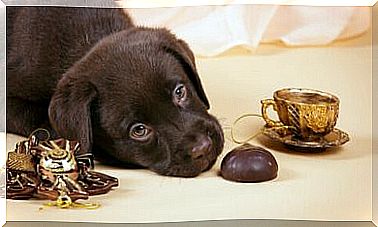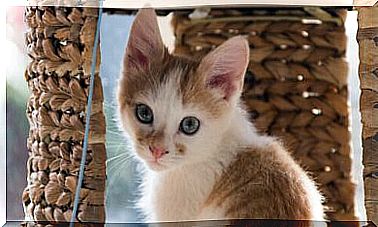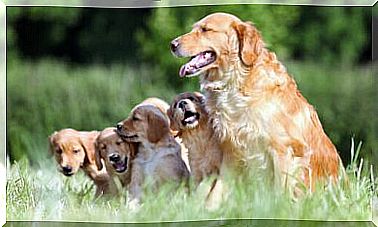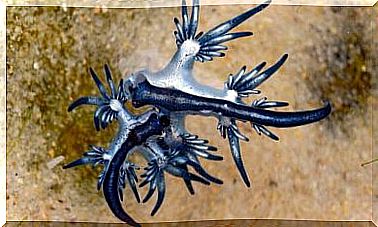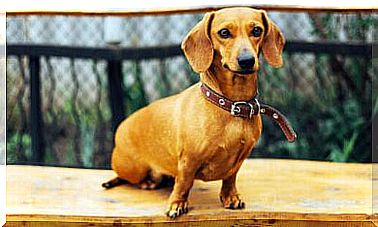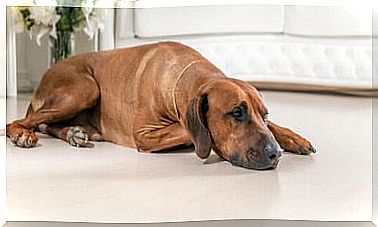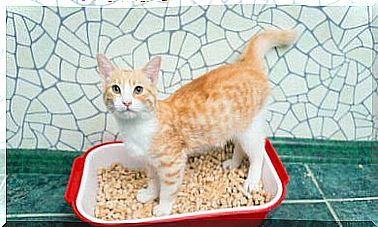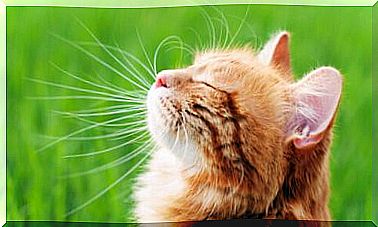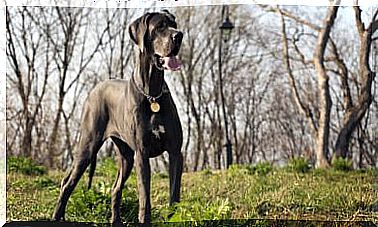Vegetarian Cat Food
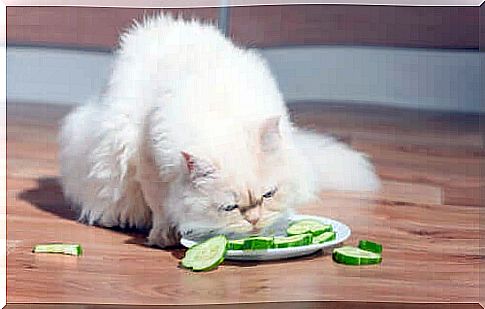
When a vegetarian or vegan person decides to adopt a cat, he will inevitably wonder if this nutrition and lifestyle is also beneficial to his feline. With that in mind, we have prepared this article to explain whether vegetarian food can be safely offered to cats.
Is vegetarian food beneficial for cats?
Human beings are omnivores: they can appreciate and properly digest foods of both animal and vegetable origin. Therefore, our bodies can adapt to a vegetarian or vegan lifestyle, in which meat, eggs and dairy products obtained from animals are replaced by 100% vegetable products.
However, unlike us, cats are strictly carnivorous animals. This means that your body and your digestive tract are prepared to assimilate and make the most of animal rather than vegetable based proteins.
Furthermore, we should not overlook the fact that the cat’s own morphology leads to a preference for a carnivorous diet. For example, their taste buds predispose them to consume the amino acids that make up the protein composition of meat and eggs.
On the other hand, most cats generally reject sugary foods as they are unable to taste the sweet taste, which makes it uncomfortable for their taste buds.
As a result, meat is the fundamental pillar of nutrition for all felines, including cats. For this reason, a cat would never be vegetarian or vegan by choice or will. In other words, we wouldn’t see a vegetarian feline in nature.
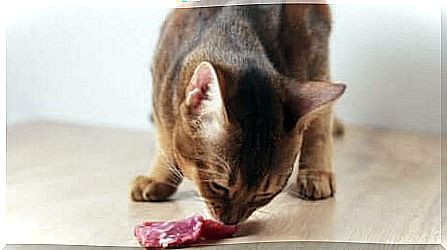
Therefore, offering a vegetarian diet for your cat is something that does not contemplate its feline nature and its organism itself. This decision would be guided by the owner’s philosophy of life, not the cat’s own needs and preferences.
Are there vegetarian cat food?
Yes, we can currently find vegetarian as well as vegan food for dogs and cats. These products are designed to meet the nutritional needs of cats, without resorting to meat or animal products, in the case of vegan food.
As they are ‘nutritionally complete’ commercial foods, a cat should not have nutritional deficits when eating these rations. However, not all cats easily accept a balanced vegetarian food, for reasons of taste and aroma.
Thus, many manufacturers add additives and coloring to vegetarian food to improve its flavor and aroma. However, in addition to being nutritionally empty, these substances can also cause allergies in some cats.
For these reasons, we recommend that you thoroughly evaluate and consult a veterinarian before deciding to offer your cat a vegetarian diet.
Possible risks of a vegetarian diet for cats
Our cats can benefit from an occasional and moderate inclusion of beneficial fruits and vegetables in their diet. These foods provide vitamins, minerals and fiber that help strengthen your immune system and improve your digestion.
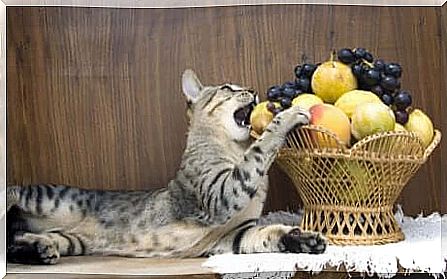
However, a cat’s nutrition cannot be based on the consumption of fruits, vegetables, grains, seeds and cereals. Below, we summarize the main risks of a vegetarian cat food:
Nutritional Deficits and Malnutrition
When providing your cat with vegetarian food, it is essential to be aware of its nutritional needs to avoid the risk of malnutrition or malnutrition.
Being strictly carnivores, felines need a high protein content to maintain good health and stamina. Taurine, calcium, vitamins and good fats are also essential, in the proper proportion, to preserve the balance of your physical and cognitive functions.
If we choose a vegetarian food as the basis of your diet, it is essential to read the nutritional composition carefully to choose a high quality product. However, if we opt for a vegetarian homemade diet, we will likely have to include supplements to avoid nutritional deficits.
Either way, it is essential to have the guidance of a veterinarian to choose the most suitable and complete diet for your feline.
digestive problems
As already mentioned, the digestive system of cats is ideally prepared to assimilate animal proteins. Although pulses and cereals are good sources of vegetable proteins, the organism of felines generally has a greater difficulty in digesting and using them.
As a result, some digestive problems may occur, such as gas or diarrhea. Also, some cereals, such as soy, can cause allergies in cats and can cause their immune system to overreact.
We must also remember that these rations are rich in carbohydrates, therefore, a high consumption can cause excess weight. Thus, it is important to be aware of the nutritional composition of vegetarian food to avoid excess carbohydrates in your cat’s diet.
